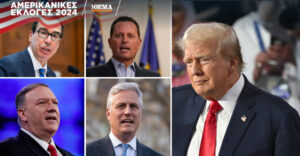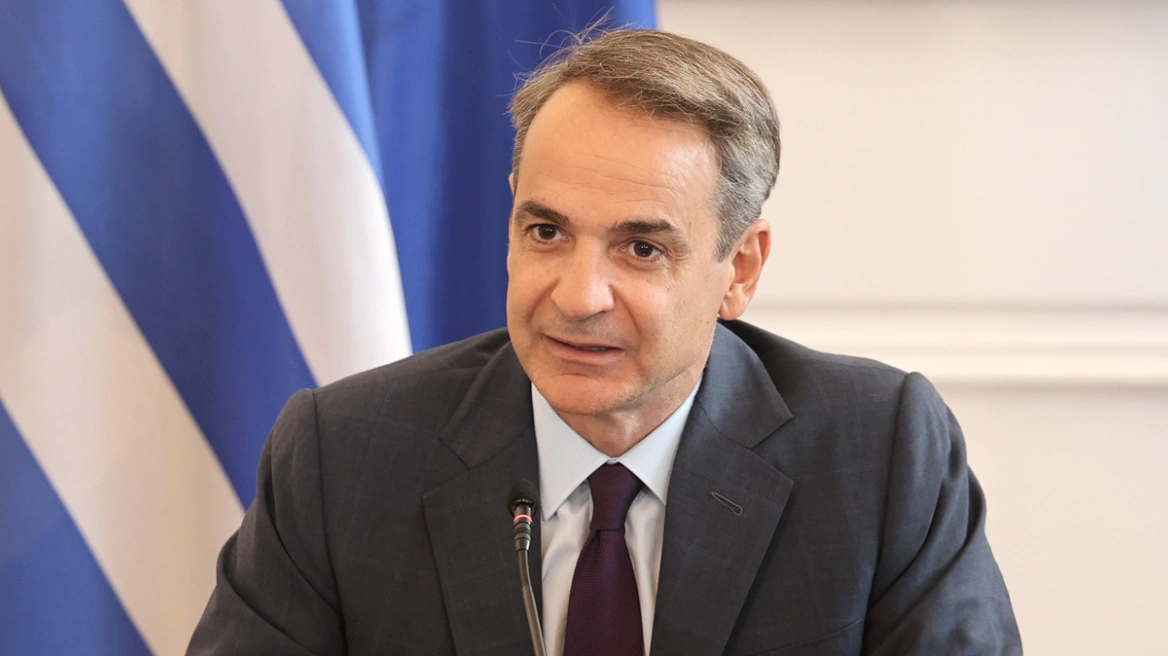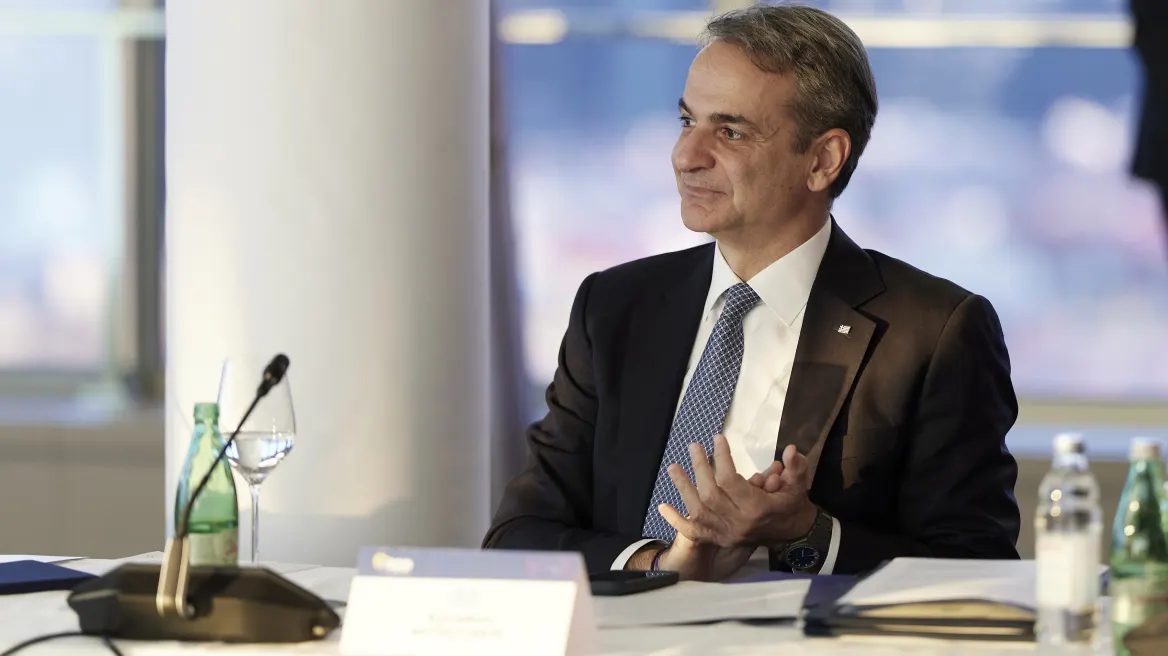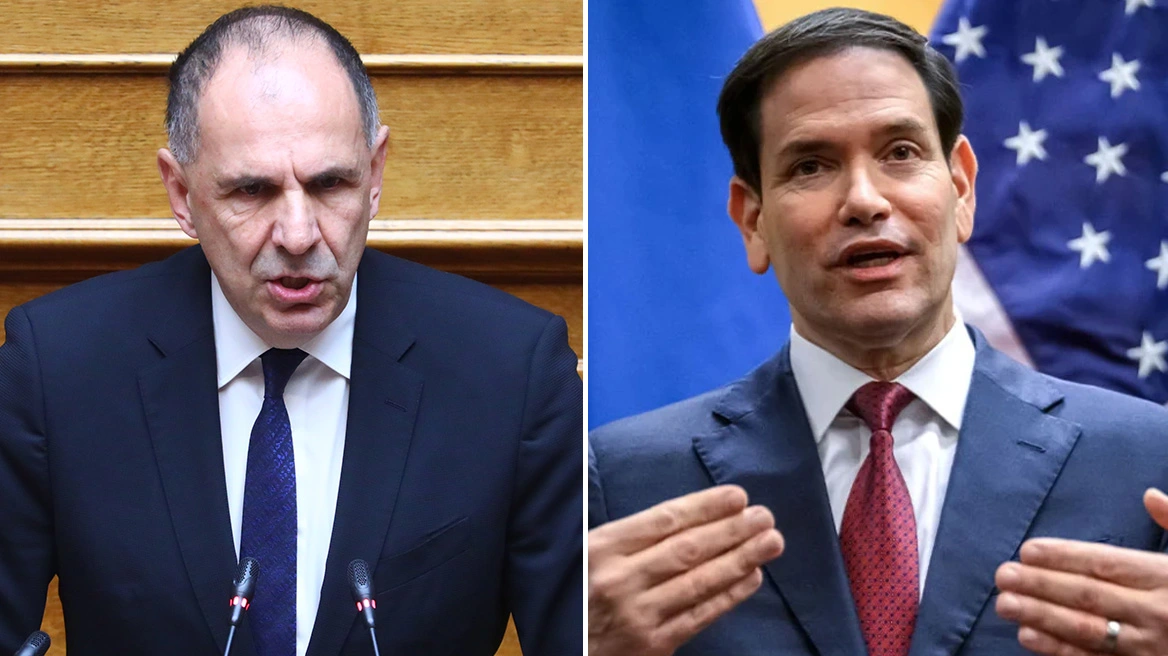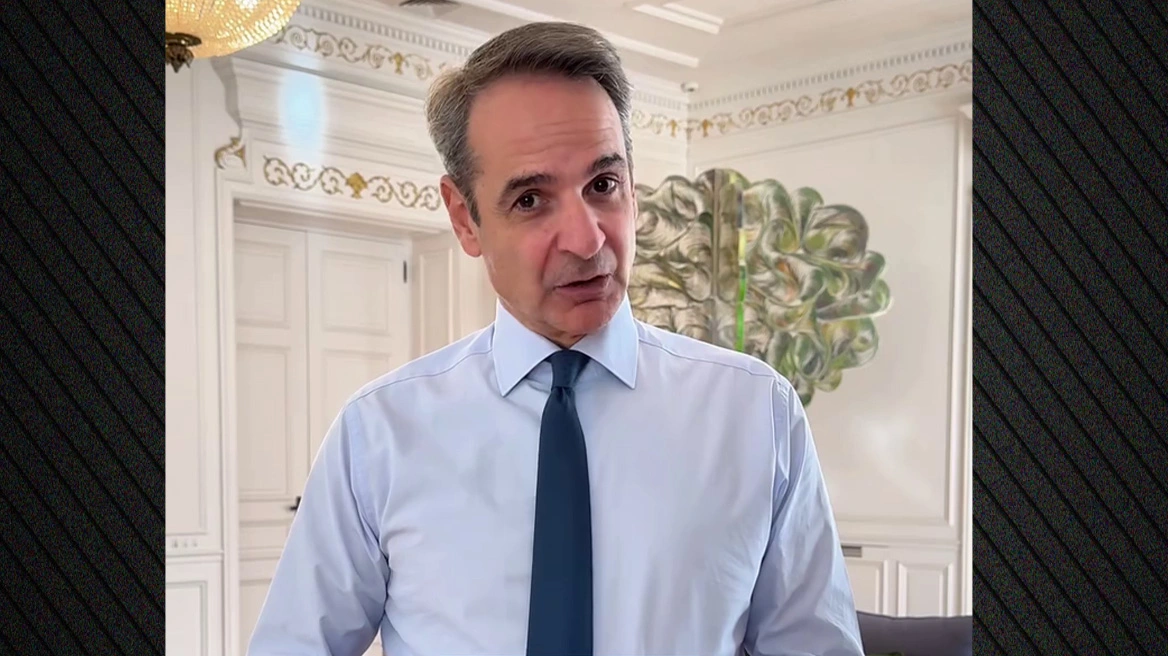Defying expectations and overturning pollsters’ predictions that had underestimated the “red wave,” Donald Trump is preparing to cross the threshold of the White House for a second time.
He is currently focused on selecting individuals to fill his cabinet positions. The only confirmed name so far is that of his Vice President, J.D. Vance, a former Marine and senator from Ohio.
As reported recently by Politico, some potential cabinet members have already hired public relations firms to help with their public image.
Meanwhile, The Times reports today that Trump could even consider placing billionaire friends from his Mar-a-Lago golf circle in Florida into his administration.
Names circulating for Trump’s government:
Department of State
Trump’s first term demonstrated his preference for change. When someone fails to deliver the expected results, he dismisses them swiftly.
The American billionaire had a strained relationship with his first Secretary of State, Rex Tillerson, gradually excluding him from U.S. policy-making before eventually firing him. Tillerson’s successor, Mike Pompeo, became one of Trump’s most trusted advisors and could likely secure another cabinet post in the new administration.
Trump’s choice for this role is being closely watched by the international community.
Ric Grenell
Grenell, an ardent supporter of the Republican Party, emerged as one of Trump’s top diplomats during his first term.
He served as the U.S. ambassador to Germany, where he left a significant mark on the German diplomatic establishment, and later worked as acting director of national intelligence.
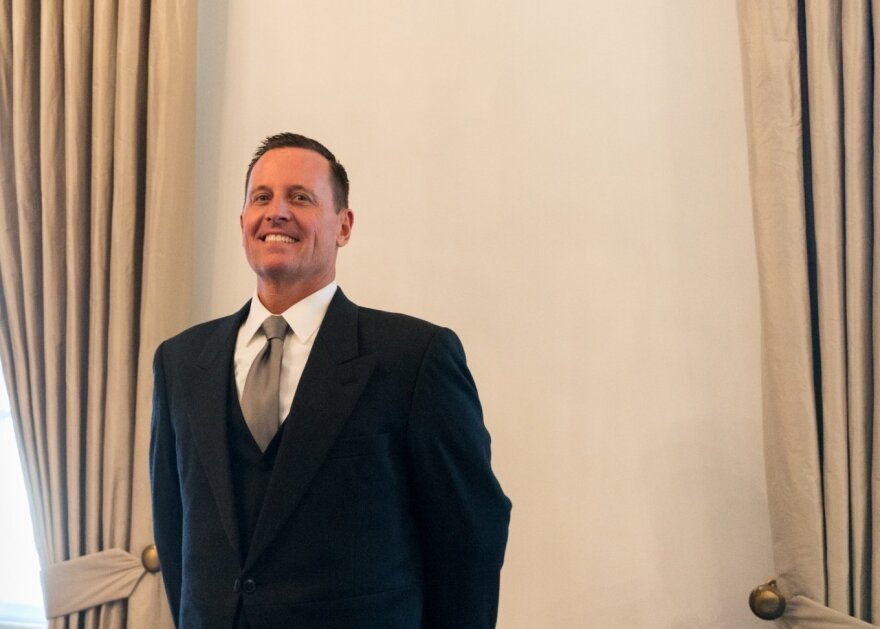
He earned the title of the first openly gay cabinet member in U.S. history.
He has become one of the most influential advisors on foreign policy matters—Trump calls him his “envoy”—and many high-ranking officials consider him a top candidate for either Secretary of State or National Security Advisor.
Currently, he is a senior advisor for the American Security Initiative, a non-profit focused on countering the influence of the Chinese government.
Bill Hagerty
The Tennessee senator is one of the establishment Republicans who joined the Republican movement following Trump’s 2016 victory. A veteran of the Bush administration and an enthusiastic supporter of Jeb Bush, Hagerty served as Trump’s ambassador to Japan before running for the Senate in 2020.
In the Senate, Hagerty has used his position on the powerful Senate Foreign Relations Committee to build a reputation as a staunch China hawk.
He was also among a small group of senators who voted against the national security aid package approved this year, which included increased funding for Ukraine.

At the time, he stated that he voted against the package because it failed to address border security.
Robert O’Brien
O’Brien stands out as the only one of Trump’s four National Security Advisors who did not have significant disagreements with the former U.S. president.
He served as Trump’s special envoy for hostage affairs from 2018 to 2019. During this period, he played a key role in securing the release of American rapper A$AP Rocky, who had been detained in Sweden following a street altercation in Stockholm.
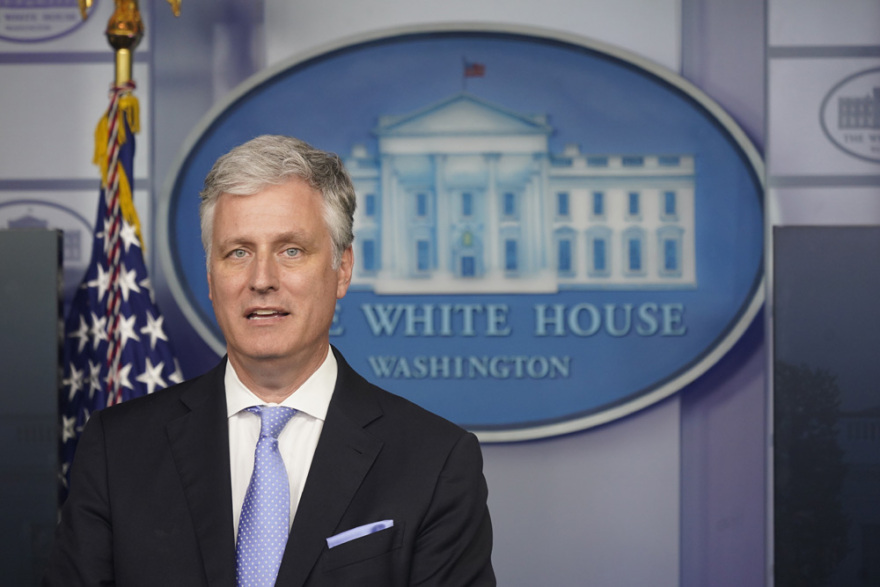
Trump reportedly intervened in the case, allegedly threatening a trade war with Sweden over the issue.
Marco Rubio
Rubio is a former rival of Trump who later became a staunch supporter, adopting hardline positions on several foreign policy issues, particularly concerning Cuba and Iran.
However, the Florida senator worked with Democrats on legislation to curb Trump’s ambitions of withdrawing the U.S. from NATO. He also aimed to show sympathy toward Ukrainians without fully undermining Trump’s strategy that Kyiv should negotiate with Moscow to end the war.
Rubio would likely garner enough Democratic votes to receive Senate confirmation. The big question is whether Trump would view him as too weak to lead U.S. diplomacy. When Rubio ran against Trump in the 2016 presidential race, Trump disparagingly nicknamed him “Little Marco.”
Mike Waltz
A U.S. Army veteran, Waltz is one of Congress’s most hawkish voices on China and has supported U.S. aid to Ukraine while pushing for increased oversight of taxpayer funding for Kyiv’s war efforts.
He was also at the forefront of Republican criticism of outgoing President Joe Biden’s decision to withdraw U.S. troops from Afghanistan.
Waltz is considered a candidate for a top national security position in a potential second Trump term, including Secretary of State, Secretary of Defense, or a senior intelligence role.
For the Department of the Treasury
With voters primarily focused on the U.S. economy, Trump’s pick for this portfolio would advance his economic agenda.
Steven Mnuchin
Treasury Secretary Steven Mnuchin proved to be one of Trump’s most “resilient” cabinet members in an administration marked by frequent changes in top positions.
Regardless of the election’s outcome, the next Treasury Secretary will lead the government in critical fiscal battles likely to dominate Washington in the coming year: a tough debt ceiling fight and negotiations over the 2017 Republican tax law’s expiration.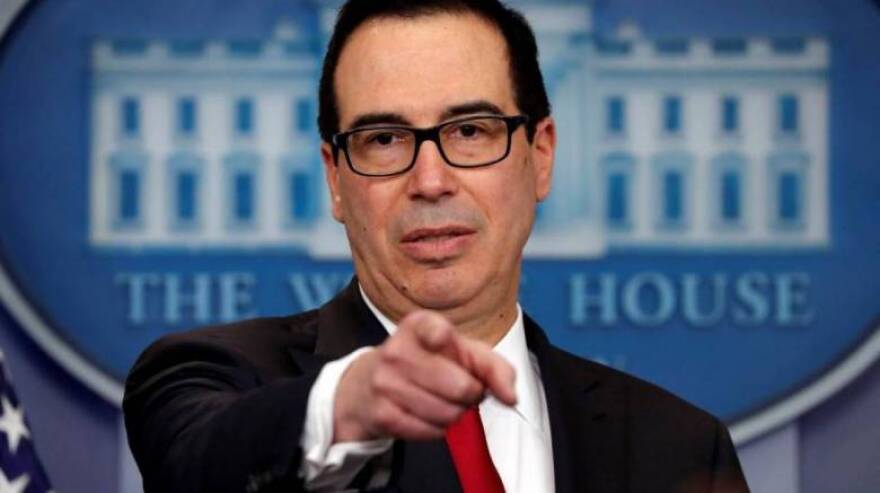
Trump’s next choices for Treasury Secretary and other top economic roles will be closely watched to see if he will push forward any of the populist ideas he advocated during his campaign—such as a new 20% tariff on most imports—or govern in a more traditional, business-friendly Republican manner.
Business leaders, Wall Street executives, and Congressional Republicans have supported Trump’s calls to reduce regulations and corporate taxes, despite disagreements with his protectionist trade policies.
Howard Lutnick
Lutnick, who leads the investment firm Cantor Fitzgerald, was personally chosen by Trump to assist with his transition alongside Linda McMahon. Trump maintains a close relationship with Lutnick, who once appeared on The Apprentice. Lutnick has already donated over $10 million to Trump’s campaign, raising a total of more than $75 million.
Robert Lighthizer
As Trump’s chief trade official during his first term, Lighthizer played a pivotal role in shaping U.S. global trade policy. He remains a close ally of Trump and is widely viewed as a leading candidate for a top economic post, particularly as Trump promises to raise tariffs in a second term.
Jay Clayton
A veteran Wall Street attorney, Clayton served as Trump’s chair of the Securities and Exchange Commission (SEC). He was confirmed by the Senate with a 61-37 vote in 2017.
Larry Kudlow
A longtime television economic analyst, Kudlow served as Trump’s Director of the National Economic Council and was a prominent figure in the White House’s economic response to the COVID-19 pandemic.
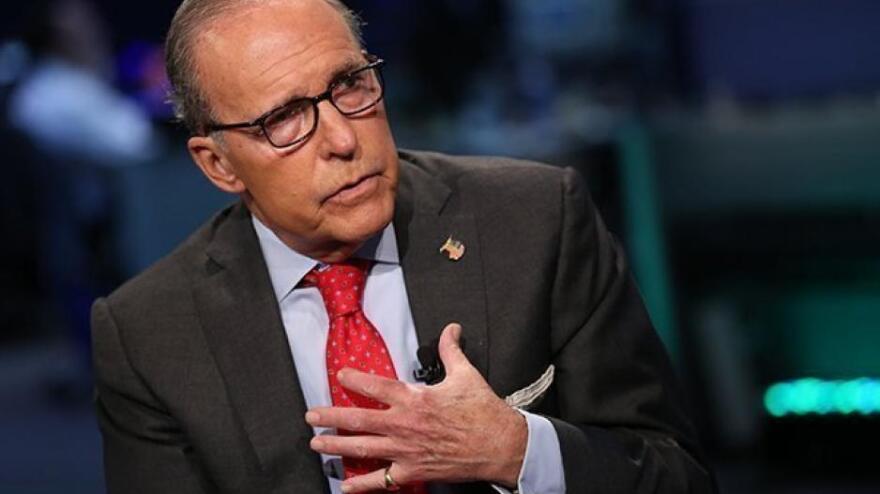
Following his role in the Trump administration, Kudlow has since served as vice president of the America First Policy Institute, a think tank established to promote Trump’s policies and prepare for a potential second term.
John Paulson
A prominent billionaire financier and Trump ally, Paulson has been supportive of Trump since 2016. Earlier this year, Bloomberg reported that Trump had privately floated Paulson as a potential Treasury Secretary candidate in a second administration.
Scott Bessent
Bessent, a major Trump financial backer, has served as an informal advisor to his campaign. His close alignment with Trump’s Wall Street strategies and public praise from the former president position him as a near-certain Cabinet pick. Additionally, he is a strong ally of J.D. Vance.
Bill Hagerty
Much like Lighthizer, Tennessee Senator Hagerty remains one of Trump’s rare allies from his initial administration who retains close ties and respect from both chambers on Capitol Hill. As Trump’s ambassador to Japan, Hagerty was instrumental in renegotiating trade agreements and fostering strong U.S.-Japan relations. His experience and rapport make him a viable choice for Secretary of Commerce, Interior, or Treasury, with a strong likelihood of Senate approval for any role.
For Secretary of Defense
The next Secretary of Defense under Trump would likely need to defend his largely isolationist worldview against the national security establishment. Trump clashed with his former Defense Secretaries, notably Jim Mattis and Mark Esper, over key policies, from establishing the Space Force to implementing a transgender military ban and deploying troops to the U.S.-Mexico border. Following Mattis’s resignation in 2018, which openly criticized Trump’s Syria withdrawal, and Trump’s discontent with Esper, Trump is likely to seek a defense head fully committed to rolling back Biden-era personnel policies that emphasize diversity in the armed forces.
Mike Waltz
Waltz, a retired Special Forces Colonel, former Pentagon and White House official, and a Trump national security advisor, has expressed openness to becoming Secretary of Defense. Elected to the House in 2018, he became the first Green Beret in Congress. Waltz’s dual appeal to Trump—his strong media presence and loyalty—make him a key contender. A frequent Fox News guest, he has defended Trump on issues such as Ukraine and matters involving the Arlington National Cemetery.
Tom Cotton
Arkansas Senator Tom Cotton was once considered for Trump’s first Defense Secretary, before Mattis ultimately took the position. As a former Army infantry officer and veteran of Iraq and Afghanistan, Cotton has been one of Trump’s early supporters and advisors throughout his presidency, embodying a mix of loyalty and hardline national security stances that resonate with Trump’s approach.
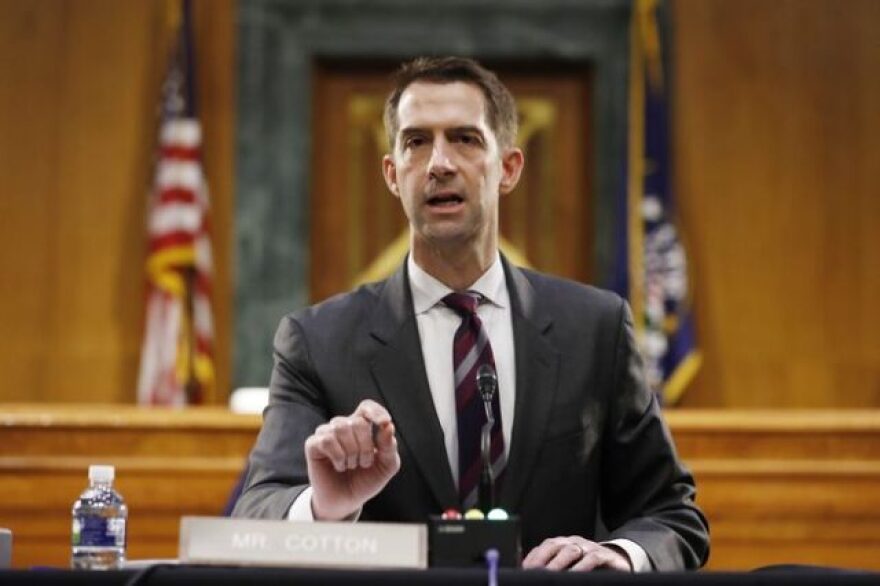
As a perceptive member of the Senate Armed Services Committee, Cotton recently hinted at how he would lead a stronger and more innovative Pentagon, during a think tank event in September.
Mike Pompeo
Pompeo, a former member of the House of Representatives and a West Point graduate, was a steady force in national security policy during Trump’s presidency, serving first as CIA Director and later as Secretary of State.
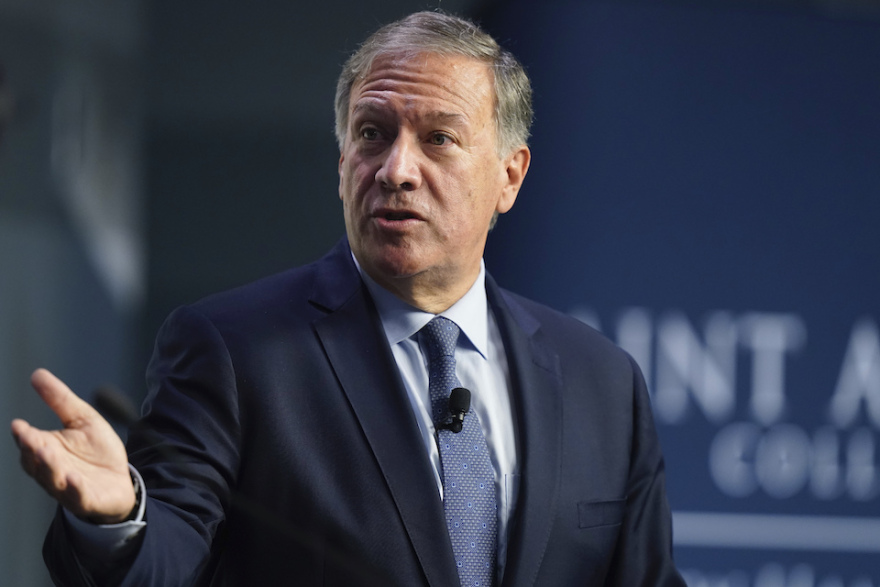
Ask me anything
Explore related questions
